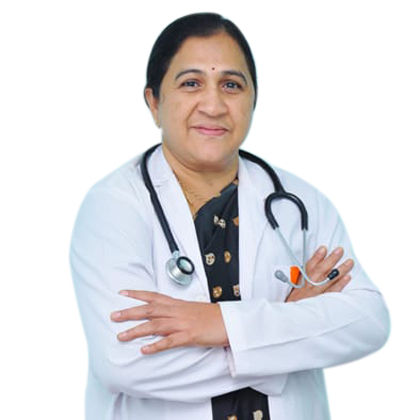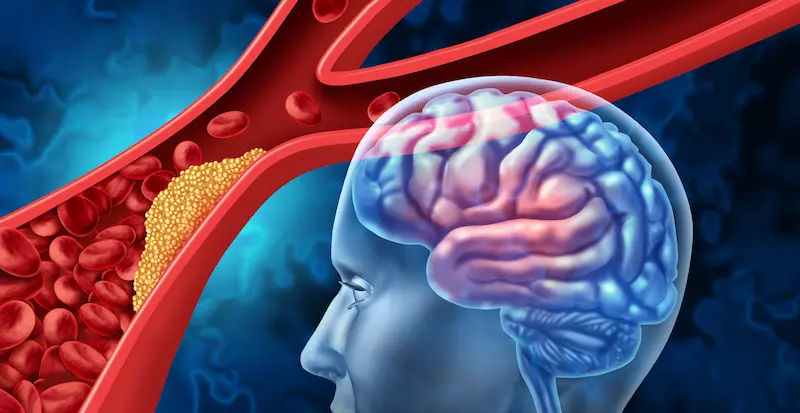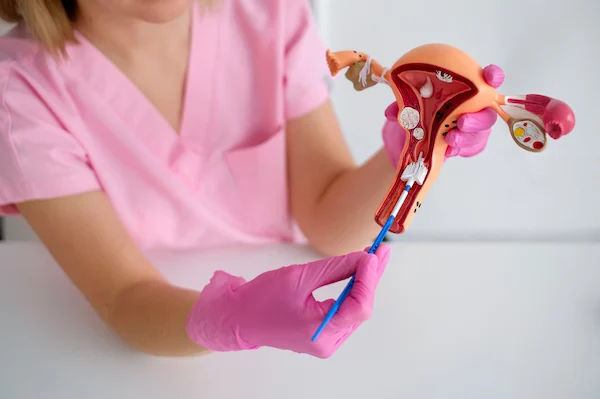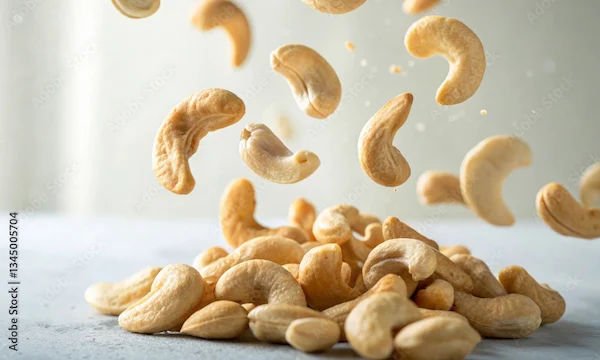Understanding Bicornuate Uterus and Its Diagnosis
Learn about the causes, symptoms, diagnosis, and pregnancy impact of a bicornuate uterus. Discover treatment options, management tips, and when to seek medical advice.


Introduction
A bicornuate uterus is a congenital (present at birth) condition where the uterus has a heart-shaped appearance instead of the typical pear shape. This happens when the uterus doesn’t fully develop before birth, leading to two "horns" or indentations at the top. While it may sound concerning, many women with a bicornuate uterus lead healthy lives and have successful pregnancies. However, it’s important to understand its implications, symptoms, and how it can be diagnosed and managed.
What Is a Bicornuate Uterus?
A normal uterus is shaped like an upside-down pear, with a single cavity. In contrast, a bicornuate uterus has a deep indentation at the top, creating two separate "horns" that connect to a single cervix. This condition occurs during fetal development when the two tubes that form the uterus don’t fully fuse.
Symptoms of a Bicornuate Uterus
Many women with a bicornuate uterus may not experience any symptoms and may only discover it during a routine ultrasound or pregnancy scan. However, some possible signs include:
Painful periods – Some women may experience more severe menstrual cramps.
Recurrent miscarriages – The shape of the uterus can sometimes affect pregnancy.
Preterm labor – There may be a higher risk of early delivery.
Irregular bleeding – Some women may notice spotting between periods.
Causes of a Bicornuate Uterus
A bicornuate uterus is a congenital condition, meaning it develops before birth. The exact cause is unknown, but it occurs when the Müllerian ducts (structures that form the female reproductive system) don’t fully fuse during fetal development. It is not caused by anything a woman does during pregnancy, and it is not preventable.
How Does It Affect Health?
Most women with a bicornuate uterus have no major health issues. However, in some cases, it may lead to:
Fertility challenges – While many women conceive naturally, some may face difficulties.
Pregnancy complications – There may be a higher risk of miscarriage, preterm birth, or breech (feet-first) positioning of the baby.
Need for C-section – Due to the uterus shape, a vaginal delivery may sometimes be risky.
Diagnosis of a Bicornuate Uterus
Since many women don’t experience symptoms, a bicornuate uterus is often diagnosed incidentally during tests for other conditions. Common diagnostic methods include:
1. Pelvic Ultrasound – A basic scan that may detect an abnormal uterine shape.
2. Hysterosalpingogram (HSG) – An X-ray test where dye is injected into the uterus to outline its shape.
3. MRI Scan – Provides detailed images to confirm the diagnosis.
4. 3D Ultrasound – Offers a clearer view of the uterine structure.
5. Laparoscopy/Hysteroscopy – Minimally invasive procedures where a camera is inserted to examine the uterus.
If you suspect you may have this condition or have experienced recurrent miscarriages, consulting a gynecologist is essential.
Consult Top Specialists for Personalised Tips
Managing a Bicornuate Uterus
While a bicornuate uterus cannot be "fixed," many women can manage it effectively with medical guidance. Here are some tips:
For General Health
Regular check-ups – Routine pelvic exams and ultrasounds help monitor reproductive health.
Pain management – Over-the-counter pain relievers can help with menstrual cramps.
For Pregnancy Planning
Consult a specialist – A high-risk pregnancy doctor (maternal-fetal medicine specialist) can provide personalized care.
Early prenatal care – Frequent monitoring helps detect any complications early.
Possible bed rest – In some cases, doctors may recommend reduced activity to prevent preterm labor.
Lifestyle & Support
Healthy diet & exercise – Maintaining overall health supports a better pregnancy outcome.
Emotional support – Connecting with support groups or counseling can help manage stress.
When to See a Doctor
If you experience:
Recurrent miscarriages
Severe pelvic pain
Irregular bleeding
Difficulty conceiving
It’s best to seek medical advice. Early diagnosis and proper care can help manage any potential risks.
Can You Still Have a Baby with a Bicornuate Uterus?
Yes! Many women with a bicornuate uterus have healthy pregnancies. While there may be a slightly higher risk of complications, proper medical supervision can help ensure a safe pregnancy and delivery.
Final Thoughts
A bicornuate uterus is not a disease; it’s simply a variation in uterine shape. While it may require extra care during pregnancy, many women with this condition live normal, healthy lives. If you have concerns about your reproductive health, consulting a specialist can provide clarity and peace of mind.
If you’d like to schedule a consultation or diagnostic test, Apollo 24|7 offers expert gynecological care and advanced imaging services. Early detection and proper management can make all the difference in your reproductive journey.
Consult Top Specialists for Personalised Tips

Dr. Asha Rani Singh
Obstetrician and Gynaecologist
24 Years • MBBS DGO
Delhi
Dr Asha Rani Singh Clinic, Delhi

Dr. Mona Yadav
Obstetrician and Gynaecologist
19 Years • MBBS, MD (Obstetrics & Gynaecology)
Dombivli
Nulife multispeciality, Dombivli

Dr. Parul Sharma
Obstetrician and Gynaecologist
8 Years • MBBS, MS (Obstetrics & Gynaecology)
New Delhi
THE DOCTORS NESST, New Delhi

Dr. Sridevi Matta
Obstetrician and Gynaecologist
28 Years • MS ( OBG ), DGO, DNB Obstetrics & Gynaecology
Chinagadila
Apollo Hospitals Health City Unit, Chinagadila
(175+ Patients)
Dr. K Anusha
Obstetrician and Gynaecologist
4 Years • MBBS, DGO
Yemmiganur
SRINIVASAA HOSPITAL, Yemmiganur




